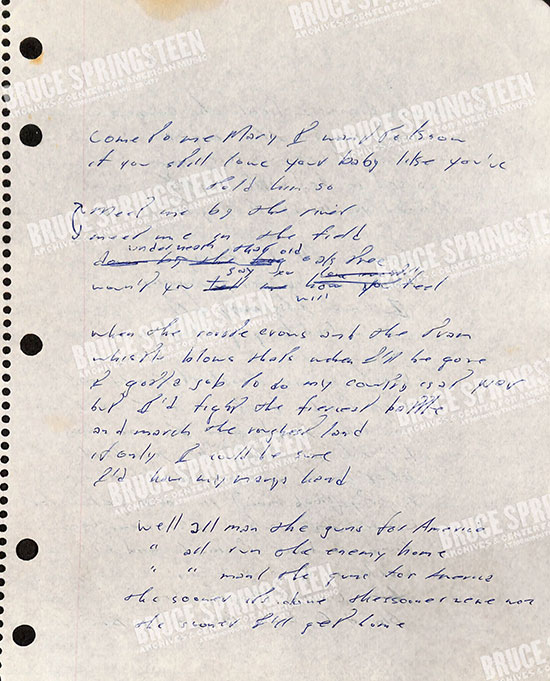

I fear for myself as a thing that is every bit as much subject to the force of gravity as the loose rock I might slip on. If I’m walking along a precarious mountain ledge, a bit of loose rock could send me tumbling to my death. Sartre distinguishes vertigo from plain fear. Sartre gives two examples of the experience of existential anxiety. And we experience that freedom, Sartre says, as anxiety or anguish ( angoisse). In that gap between motive and action – a gap that doesn’t exist between cause and effect – lies the experience of freedom. Human motives lack this causal efficacy, as anyone who’s made a New Year’s resolution can attest. When I throw a rock into the air, its trajectory is subject to the force of gravity in exactly the same way on every single throw. The operations of nature are causally efficacious. This anxiety is burdensome and terrifying but also liberating.įor Sartre (1905-80), our freedom distinguishes us from things. Anxiety ( ångest in Danish) lifts us out of that happy torpor and confronts us with our individual responsibility. For the most part, we don’t feel the burden of this responsibility because we simply go along with the crowd.
SOUL 4 REAL FOR LIFE RARELY PROVIDES FREE
Nothing but our own free choice determines what we will make of ourselves, and the consequences of that choice echo through eternity. In The Concept of Anxiety (1844), the pseudonymous ‘Vigilius Haufniensis’ (‘the watchman of Copenhagen’) argues that anxiety is the consequence of an honest confrontation with freedom. His prodigious output included the first analysis of existential anxiety. But no one in tight-knit Copenhagen was under any illusion about the author’s identity. Many of his books were written under extravagant pseudonyms, permitting Kierkegaard to quarrel even with himself. His writing was bitterly polemical, attacking the hypocrisies of Danish society and the Danish Church. In the 1840s, he produced more than 30 volumes. He broke off his engagement, withdrew from society, and devoted himself to writing at a ferocious pace while living off inherited wealth. Everything was on course for a life of bourgeois respectability. He came from a well-to-do family, studied theology, and became engaged to an intelligent and engaging young woman.


Kierkegaard (1813-55) was a misfit in the buttoned-down world of Lutheran Copenhagen.

Both were influenced – more than they acknowledged – by the 19th-century Danish philosopher and theologian Søren Kierkegaard. In the first half of the 20th century, the philosophers Jean-Paul Sartre and Martin Heidegger both gave a central place to anxiety in their bold analyses of human existence. Clinical anxiety is simply disabling, but existential anxiety, adopted in the right spirit, is potentially liberating. And yet some philosophers have looked on anxiety as, well, not exactly a good thing but at least as potentially valuable. Take it far enough, and a psychiatrist will diagnose you with an anxiety disorder. It’s an unpleasant feeling associated with inner turmoil, sleepless nights and chewed fingernails. Anxiety isn’t normally considered a good thing.


 0 kommentar(er)
0 kommentar(er)
